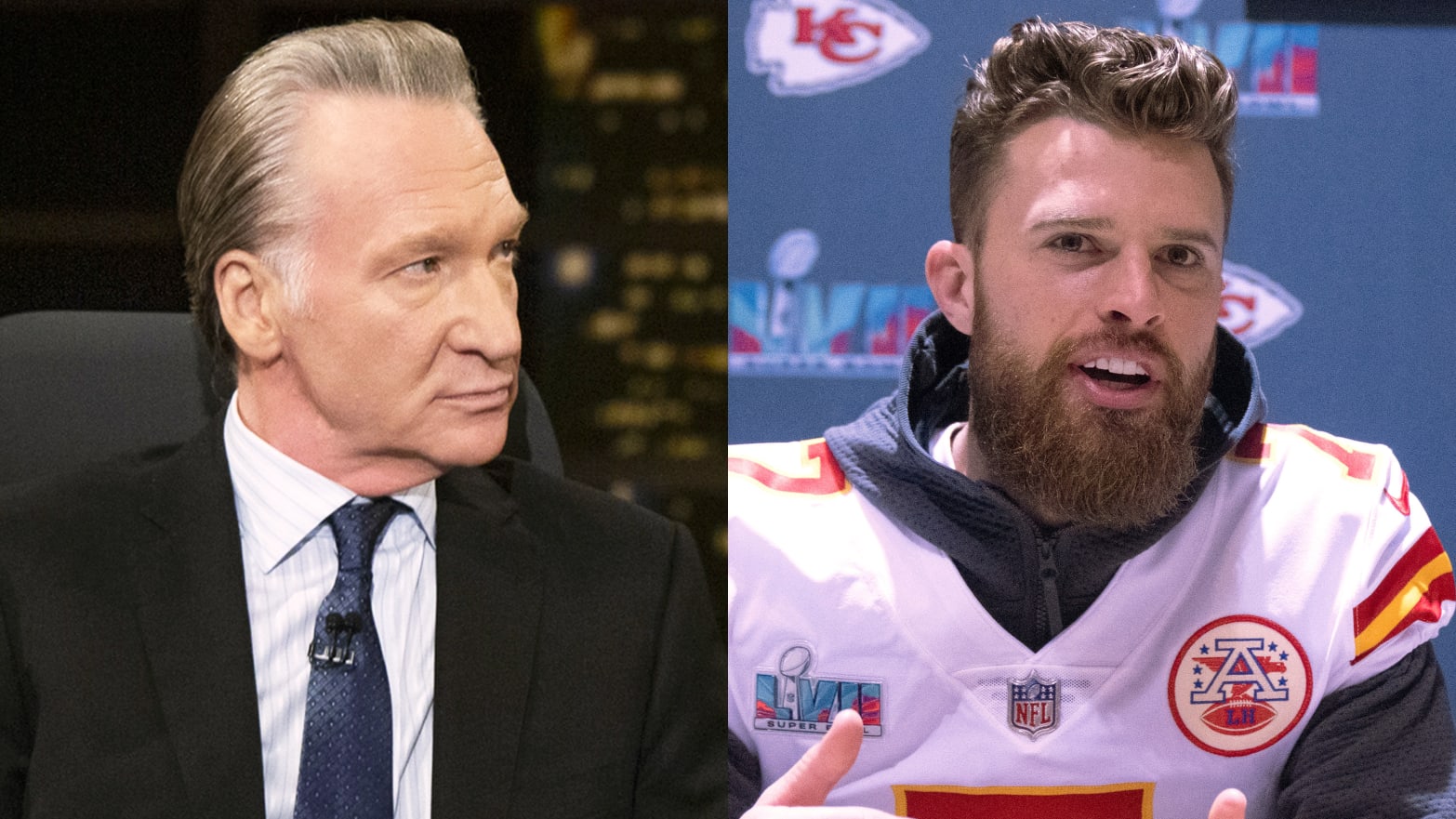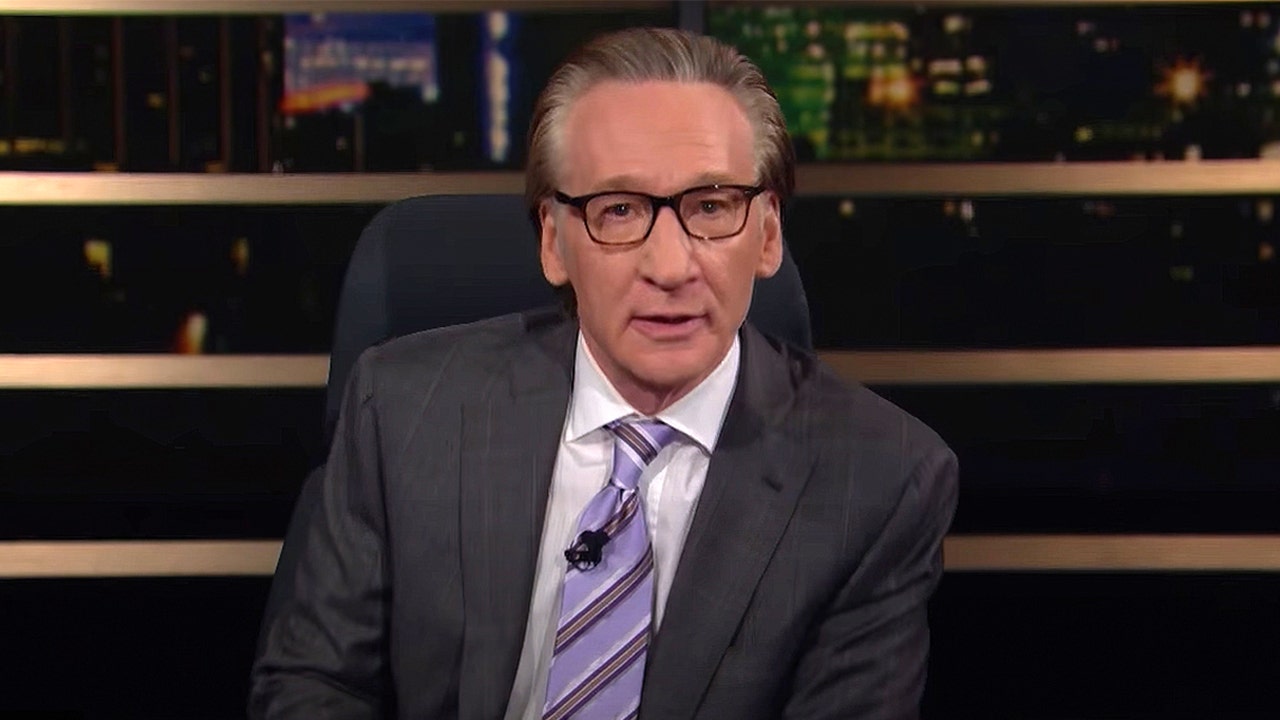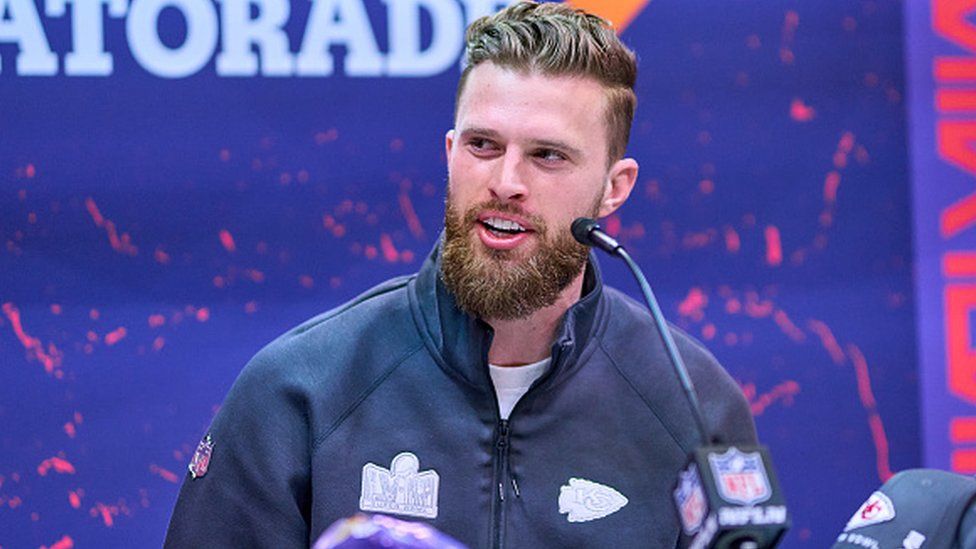In the latest episode of “Real Time with Bill Maher,” the outspoken comedian Bill Maher waded into the controversy surrounding Kansas City Chiefs kicker Harrison Butker’s commencement speech at Benedictine College. Butker’s remarks, which included his strong opposition to abortion, euthanasia, IVF, surrogacy, and the LGBTQ community, as well as his suggestion that women should embrace homemaking, ignited a firestorm of criticism on social media. Maher, who has often taken positions against religious and conservative viewpoints, began by acknowledging the vast differences between himself and Butker. He pointed out that Butker is deeply religious, values marriage and family, and embodies a lifestyle that Maher has repeatedly stated he does not share. Maher quoted Butker saying, “I’ve seen it firsthand how much happier someone can be when they disregard the outside noise and move closer and closer to God’s will,” and humorously contrasted this with his own secular views. Despite these differences, Maher expressed genuine confusion over the intense backlash Butker received, particularly concerning his comments directed at women. Maher read from Butker’s speech, highlighting the part where Butker told the graduates, “Some of you may go on to lead successful careers in the world. But I would venture to guess that the majority of you are most excited about your marriage and the children you will bring into this world.” Maher questioned why this statement was considered offensive, suggesting that it simply reflects a traditional viewpoint that many people still hold. Maher elaborated on his confusion by stating that the backlash seemed to stem from a broader societal intolerance toward traditional lifestyles. He argued that the criticism of Butker is part of a larger cultural issue where only progressive choices are celebrated, while traditional choices are often ridiculed or dismissed. He remarked, “I think this is part of the problem people have with the left, is that lots of people in this country are like this. Like he’s saying some of you may go on to successful careers, but a lot of you are excited about this other way that people, everybody used to be and now can. Can’t that just be a choice too?” Maher’s comments sparked further debate, with many agreeing that in a diverse society, different life choices should be respected. This sentiment was mirrored by Whoopi Goldberg on “The View.” Goldberg defended Butker’s right to express his beliefs, even if they are controversial. She argued for the importance of free speech, stating, “I like when people say what they need to say. He’s at a Catholic college, he’s a staunch Catholic. These are his beliefs and he’s welcome to them. I don’t have to believe them, I don’t have to accept them, the ladies that were sitting in that audience don’t have to accept them.” Goldberg continued by drawing a parallel to the respect demanded for athletes like Colin Kaepernick, who protested by taking a knee during the national anthem. She emphasized that respecting diverse opinions is crucial, especially in a political climate where censorship and suppression of speech are growing concerns. “The same way we want respect when Colin Kaepernick takes a knee, we want to give respect to people whose ideas are different from ours,” Goldberg said. The NFL, in response to the controversy, issued a statement clarifying that Butker’s views do not represent the organization. This move was likely an attempt to distance the league from the contentious opinions expressed in Butker’s speech while navigating the fine line of supporting individual expression. At the conclusion of the discussion on “Real Time,” Maher added a provocative observation. He noted the irony in the fierce rejection of Butker’s traditional views by young people who simultaneously engage in demonstrations supporting groups like Hamas, which holds even more conservative views on women’s roles. This, Maher suggested, underscores the complex and often contradictory nature of modern social and political activism. Maher’s defense of Butker’s speech highlights the ongoing cultural clash between progressive and traditional values. His remarks underscore the importance of free speech and the need for a more tolerant society that respects diverse life choices, even when they do not align with mainstream progressive ideals. The controversy surrounding Butker’s speech, and the reactions it provoked, illustrate the deep divisions in contemporary discourse and the challenges of navigating these differences in a pluralistic society.


